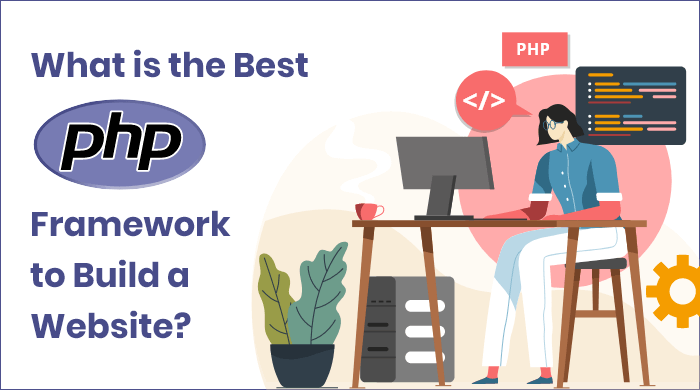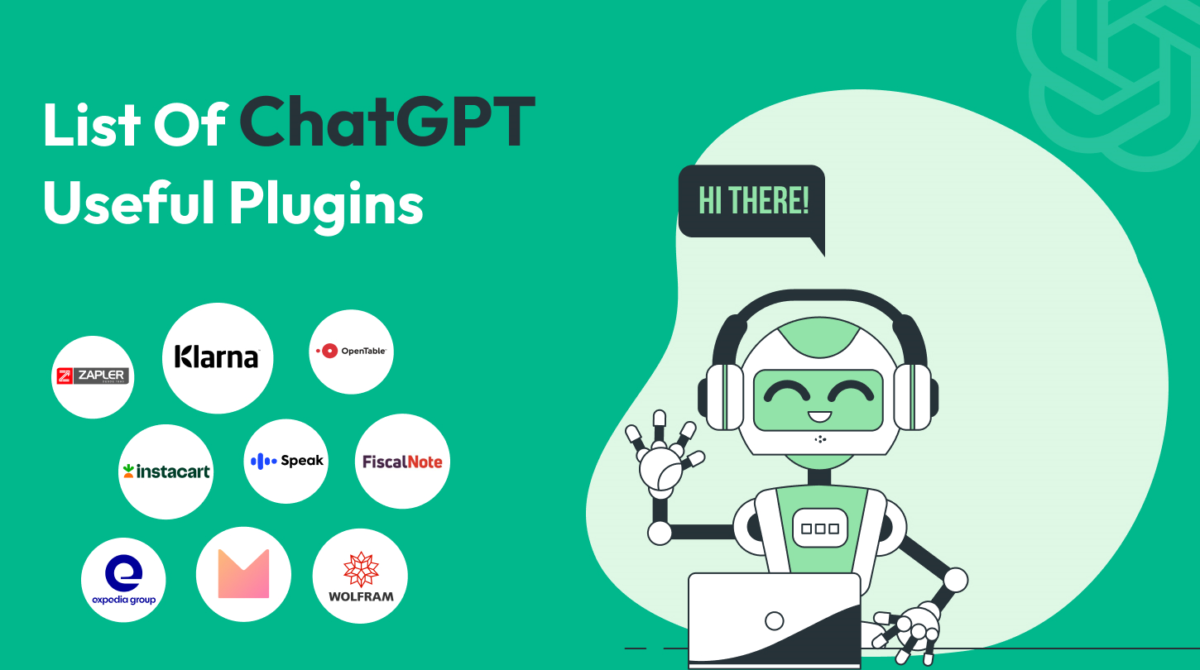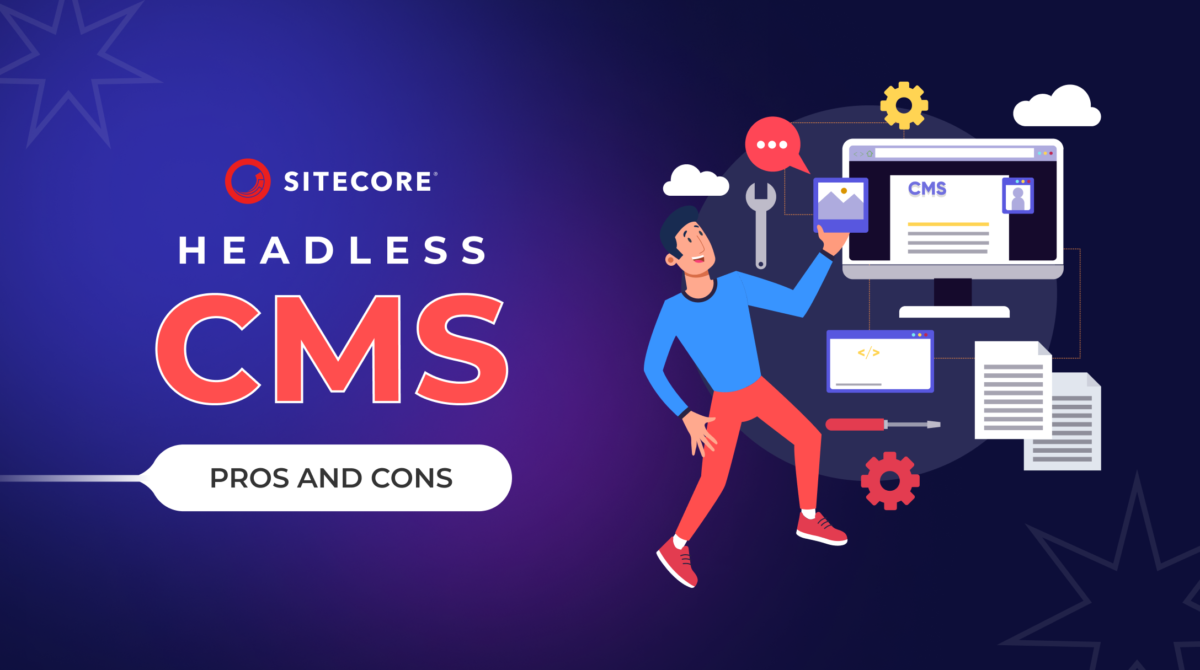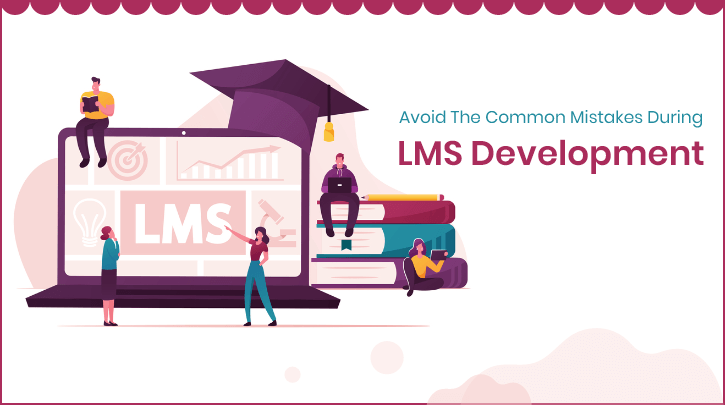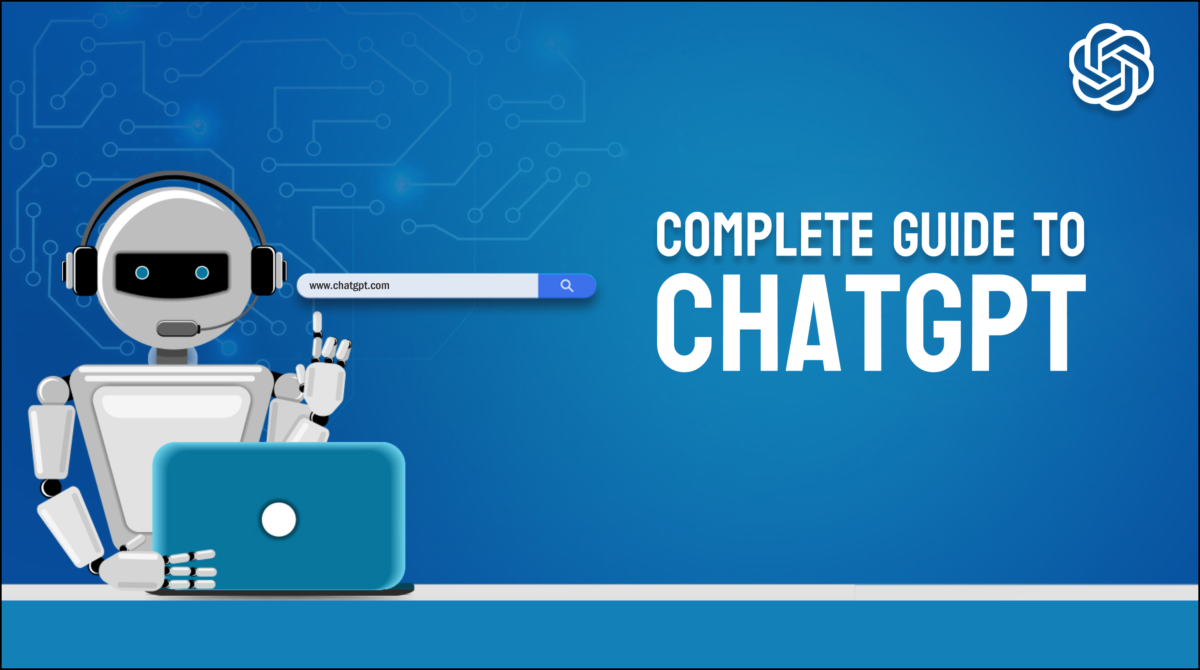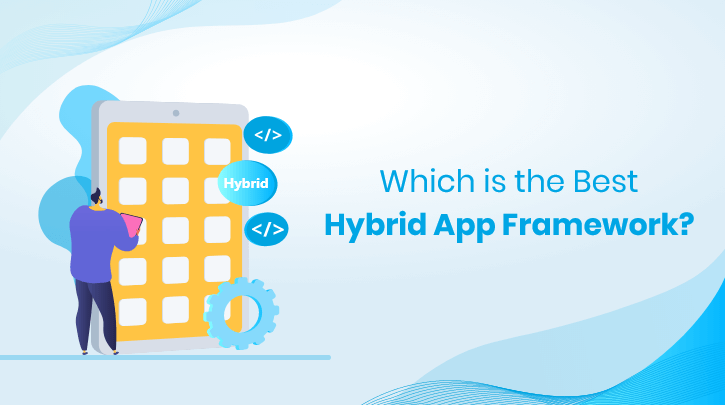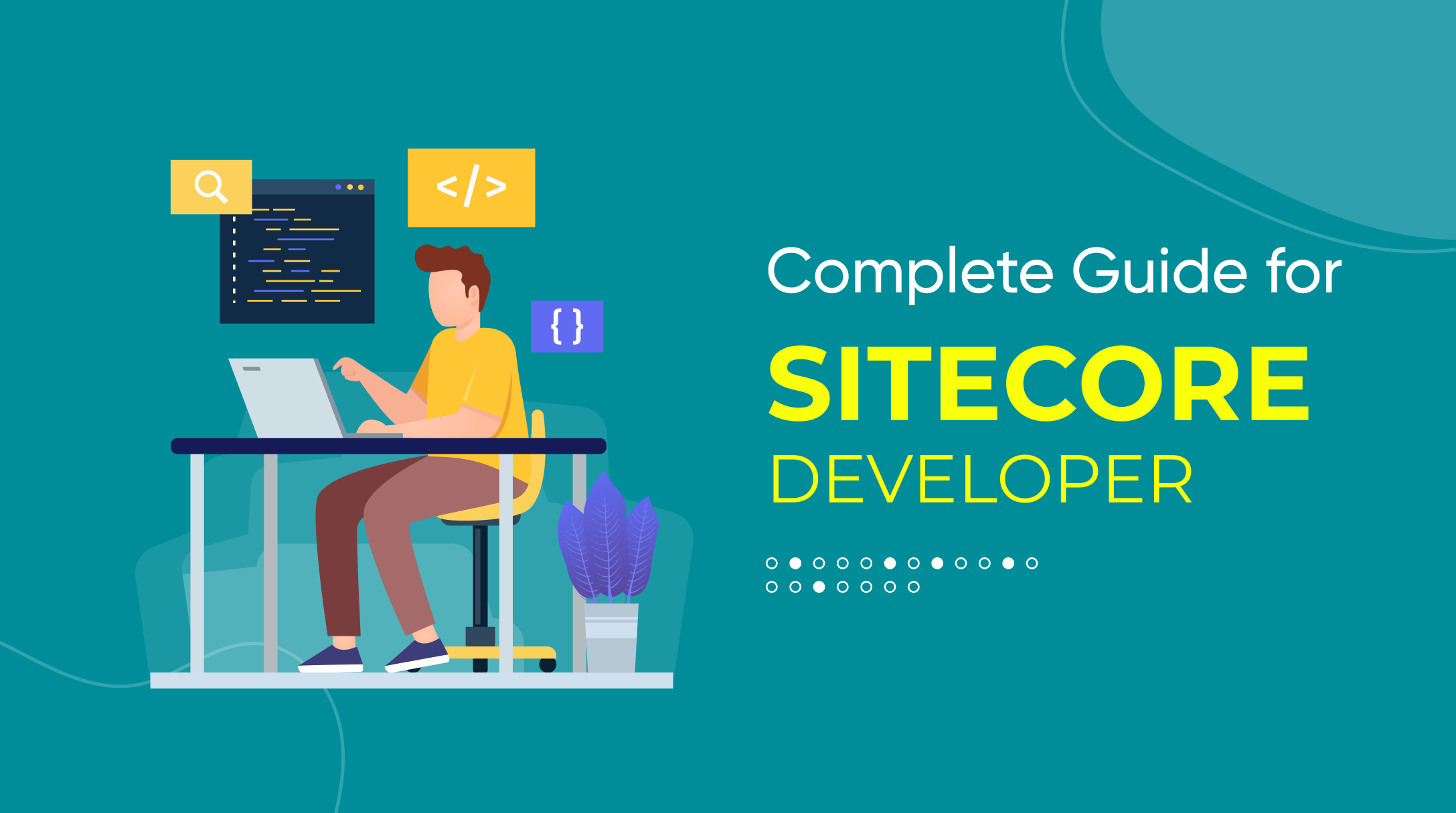
Complete Practice Guide for Sitecore Developer
Sitecore is a powerful digital experience platform that companies use to create, manage, and optimize their digital content and customer experiences. Sitecore forms for marketing specialists and Omni channel marketing are gaining popularity and will have a whole revolutionized future.
This is the reason why Sitecore development has been strong from the last 5-7 years. It has become more imperative in 2023 to stay competitive in the market. With Sitecore development, you can customize the user experience and satisfy your clients.
As per the latest report, Sitecore has been used by more than 11,200 companies as a customer-experience tool. These companies are majorly from the United States with more than 6000 satisfied customers.
It’s no wonder that Sitecore developers are in great demand and they have an opportunity to explore more in the current trends of the technology. To become a successful Sitecore developer, you should master a few skills and have in-depth understanding of the components of the platform.

Let’s dive deep into the complete practice guide for Sitecore developer. This will give you important insights and steps to kick start your Sitecore development journey.
(1) You Must Understand the Fundamentals of Sitecore:
- Architecture: Learn about Sitecore’s architecture, including its CMS (Content Management System) capabilities, databases, and components like templates, layouts, and renderings.
- Data Flow: Understand how data flows within Sitecore. Right from content creation to rendering on webpages.
- .NET Framework: Sitecore is built on the .NET framework, so having a solid understanding of .NET concepts and C# programming is essential.
(2) You Must Set Up A Development Environment:
- Download Sitecore: Visit the Sitecore website or your organization’s Sitecore portal to download the necessary Sitecore packages and installation files.
- IDE (Integrated Development Environment): Choose an IDE like Visual Studio to write and debug your Sitecore code.
- Local Development: Create a local development environment using tools like Sitecore Installation Framework (SIF) and follow installation guides specific to your Sitecore version.
(3) You Should Have Knowledge of Sitecore Concepts:
- Content Tree: Understand how content is organized in Sitecore’s tree structure, with items representing webpages and content.
- Templates: Templates define the structure of content items. Learn how to create and modify templates.
- Layouts and Renderings: Layouts define the structure of webpages, while renderings determine how content is displayed. Gain proficiency in creating and configuring layouts and renderings.
(4) You Should Be Aware of Sitecore Development Tools to Streamline Your Work:
- Sitecore Rocks: This Visual Studio extension facilitates Sitecore development by providing features like content item management, code generation, and debugging assistance.
- Sitecore PowerShell Extensions: SPE is a powerful module for automating tasks and managing content in Sitecore using PowerShell scripts.
(5) You Should Learn Key Sitecore Development Patterns:
- Helix: Helix is Sitecore’s recommended development architecture. It promotes modularity and separation of concerns in your codebase. Study the Helix principles and best practices.
- MVC (Model-View-Controller): Sitecore MVC allows you to create dynamic web applications. Understand the MVC pattern and how it’s implemented in Sitecore.
- Dependency Injection: Sitecore supports dependency injection to manage dependencies between classes. Learn how to use dependency injection frameworks like Microsoft’s Dependency Injection or Sitecore’s built-in dependency injection.

(6) You Must Know Content Authoring & Presentation:
- Content Authoring: Understand the content authoring experience in Sitecore, and ensure that your templates and content structures are user-friendly.
- Presentation Layer: Work with designers and front-end developers to integrate HTML/CSS designs into Sitecore. Learn how to create responsive layouts and renderings.
(7) You Should Understand Sitecore API Offering for Custom Development:
- Sitecore API: Explore the Sitecore API to interact with content, users, and various Sitecore features programmatically. Understand key namespaces and classes.
- Custom Modules: Learn how to create custom Sitecore modules, pipelines, and processors to extend the platform’s functionality.
(7) You Should Know How to Make Your Sitecore Development Secure & Authentic:
- Authentication and Authorization: Learn how to configure authentication methods and set up user roles and permissions to control access to content and functionality.
- Security Best Practices: Stay updated on security best practices to protect your Sitecore applications from vulnerabilities.
(8) You Should Comprehend Ways to Troubleshoot & Debug Errors (If Any):
- Sitecore Logs: Learn how to interpret Sitecore logs to identify and diagnose issues.
- Debugging Tools: Familiarize yourself with debugging tools in Visual Studio and Sitecore, such as the Sitecore Debugger and Sitecore Debug Console.
In addition to all of these points, you should adhere to Sitecore development best practices to ensure code quality, performance, and maintainability. This includes:
- Code Review: Engage in code reviews to catch and address issues early in the development process.
- Version Control: Use version control systems like Git to track changes in your codebase.
- Testing: Write unit tests and integration tests to verify the correctness of your code.
- Performance Optimization: Understand Sitecore’s caching mechanisms and use them effectively to improve performance.
The major key is continuous learning. Sitecore is a dynamic platform, and new features and updates are regularly released. So, as a skilled Sitecore developer, you must stay updated by:
- Community Involvement: Join the Sitecore community, participate in forums, attend user groups, and follow blogs and social media accounts dedicated to Sitecore.
- Certifications: Consider pursuing Sitecore certifications to validate your skills and knowledge.
- Collaborate with Other Roles: Effective Sitecore development often involves collaboration with other roles, including content authors, designers, marketers, and system administrators. Communication and teamwork are essential for successful Sitecore projects.
On the whole, becoming a Sitecore developer requires a combination of technical skills, a deep understanding of Sitecore’s architecture, and the ability to collaborate with various stakeholders. By mastering Sitecore’s fundamentals, development tools, best practices, and continuously learning, you can excel in creating robust and engaging digital experiences using Sitecore.
To hire Sitecore developers, hire us.

We, at Maven Cluster, provide a pool of Sitecore developers to our clients. We are a leading IT and technology consulting firm that provides IT services and remote dedicated Sitecore developers to clients on a global base.
Reach out to us. We’d love to assist you.
You can also write to us at contact@mavencluster.com




